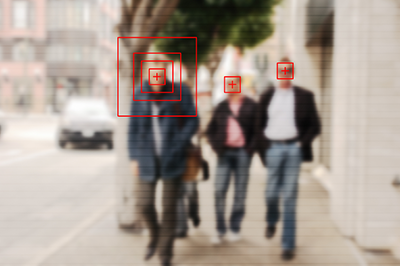
The Constitutional Tribunal has ruled that the provisions of the Mental Health Protection Act that regulate the placement of incapacitated persons at nursing homes by their guardians are contrary to the Polish Constitution. Last year, the Helsinki Foundation submitted an opinion on this matter before the Constitutional Tribunal.
“For us, this judgment is groundbreaking. For nearly four years, the Foundation has been monitoring the implementation of the ECtHR judgment in Kędzior v. Poland, in which the Court, for the first time, had declared that Polish laws fell short of human rights protection standards. We hope that the Constitutional Tribunal’s judgment will lead to a change of the defective regulations”, explains Marcin Szwed, a lawyer working with the HFHR.
The proceedings before the Constitutional Tribunal involved two provisions of the Mental Health Protection Act. The first one established the procedure for the placement of totally incapacitated persons in nursing homes at the request of their guardians. It stipulated that such a placement is deemed, in principle, voluntary provided that a guardian receives the relevant permission of a guardianship court. Unfortunately, the procedure under which courts granted the permission offered virtually no procedural guarantees to incapacitated persons. Often, such persons were not even heard by a court, let alone given a chance to appeal against a placement order.
The other provision set up the procedure for reviewing the reasonableness and legality of placements at nursing homes, which was applicable after the actual placement has occurred. Under this procedure, a totally incapacitated person placed at a nursing home at the request of their legal guardian was unable to independently file a motion for a judicial review of their situation; furthermore, courts did not perform such reviews periodically.
The Constitutional Tribunal held that both provisions violated the constitutional guarantees of protection of personal freedom (Article 41 (1) of the Constitution), dignity of a person (Article 30) and the right to a court (Article 45 (1) of the Constitution). The procedure applied by courts authorising the guardian-requested placements of totally incapacitated persons at nursing homes did not satisfy the minimal requirements of procedural justice as it did not even provide such persons with the right to be heard. In consequence, incapacitated persons were objectified and treated instrumentally. This means that the regulations reviewed by the Constitutional Tribunal did not ensure the legal protection of incapacitated persons against malicious intentions of their legal guardians, while the assumption that guardians always act in the best interests of their wards may, in some cases, prove unrealistic.
“The Tribunal emphasised that the reviewed provisions blatantly violated the Constitution. They interfered with the most fundamental rights of an individual, such as personal freedom and the protection of human dignity”, says Mr Szwed.
As part of the effort aimed at implementing the judgment, the legislator should create a legal framework for reviewing the reasonableness of incapacitated persons’ stay at nursing homes. This procedure may not disregard the opinion of incapacitated persons themselves. This is because the Constitution requires that they have actual ability to influence the decision regarding their further stay at nursing homes.
The Constitutional Tribunal heard the case at the request of the Commissioner for Human Rights.


